- 全部删除
 您的购物车当前为空
您的购物车当前为空
Caspase-14 Protein, Human, Recombinant (His)
Caspase 14 is a member of the caspase family. Caspases are a kind of cysteine proteinase consisting of a prodomain plus large and small catalytic subunits, that play a central role in cell apoptosis. Caspase 14 possesses an unusually short prodomain and is highly expressed in embryonic tissues but absent from most of the adult tissues except for the skin, which suggests a role in ontogenesis and skin physiology. Unlike the other short prodomain caspases(caspase-3, caspase-6, and caspase-7), Caspase 14 was not processed by multiple death stimuli including activation of members of the tumor necrosis factor receptor family and expression of proapaptotic members of the bcl-2 family. Caspase 14 has been described to be processed and activated by anti-Fas agonist antibody or TNF-related apoptosis inducing ligand in vivo. The expression and processing of this caspase may take part in keratinocyte terminal differentiation, which is essential for the skin barrier.

Caspase-14 Protein, Human, Recombinant (His)
一键复制产品信息| 规格 | 价格 | 库存 | 数量 |
|---|---|---|---|
| 5 μg | ¥ 683 | 6-8日内发货 | |
| 10 μg | ¥ 1,130 | 6-8日内发货 | |
| 20 μg | ¥ 1,930 | 5日内发货 | |
| 50 μg | ¥ 4,430 | 5日内发货 |
产品信息
| 生物活性 | Activity testing is in progress. It is theoretically active, but we cannot guarantee it. If you require protein activity, we recommend choosing the eukaryotic expression version first. |
| 产品描述 | Caspase 14 is a member of the caspase family. Caspases are a kind of cysteine proteinase consisting of a prodomain plus large and small catalytic subunits, that play a central role in cell apoptosis. Caspase 14 possesses an unusually short prodomain and is highly expressed in embryonic tissues but absent from most of the adult tissues except for the skin, which suggests a role in ontogenesis and skin physiology. Unlike the other short prodomain caspases(caspase-3, caspase-6, and caspase-7), Caspase 14 was not processed by multiple death stimuli including activation of members of the tumor necrosis factor receptor family and expression of proapaptotic members of the bcl-2 family. Caspase 14 has been described to be processed and activated by anti-Fas agonist antibody or TNF-related apoptosis inducing ligand in vivo. The expression and processing of this caspase may take part in keratinocyte terminal differentiation, which is essential for the skin barrier. |
| 种属 | Human |
| 表达系统 | E. coli |
| 标签 | N-His |
| 蛋白编号 | P31944 |
| 别名 | caspase 14, apoptosis-related cysteine peptidase,ARCI12 |
| 蛋白构建 | A DNA sequence encoding the human CASP14 (NP_036246.1) (Ser 2-Gln 242) was expressed, with a polyhistide tag at the N-terminus. Predicted N terminal: Met |
| 蛋白纯度 | > 95 % as determined by SDS-PAGE |
| 分子量 | 28.5 kDa (predicted); 30 kDa (reducing conditions) |
| 内毒素 | Please contact us for more information. |
| 蛋白性状 | Lyophilized powder |
| 缓冲液 | Lyophilized from a solution filtered through a 0.22 μm filter, containing PBS, pH 7.4. Typically, a mixture containing 5% to 8% trehalose, mannitol, and 0.01% Tween 80 is incorporated as a protective agent before lyophilization. |
| 复溶方法 | A Certificate of Analysis (CoA) containing reconstitution instructions is included with the products. Please refer to the CoA for detailed information. |
| 存储 | It is recommended to store recombinant proteins at -20°C to -80°C for future use. Lyophilized powders can be stably stored for over 12 months, while liquid products can be stored for 6-12 months at -80°C. For reconstituted protein solutions, the solution can be stored at -20°C to -80°C for at least 3 months. Please avoid multiple freeze-thaw cycles and store products in aliquots. |
| 运输方式 | In general, Lyophilized powders are shipping with blue ice. |
| 研究背景 | Caspase 14 is a member of the caspase family. Caspases are a kind of cysteine proteinase consisting of a prodomain plus large and small catalytic subunits, that play a central role in cell apoptosis. Caspase 14 possesses an unusually short prodomain and is highly expressed in embryonic tissues but absent from most of the adult tissues except for the skin, which suggests a role in ontogenesis and skin physiology. Unlike the other short prodomain caspases(caspase-3, caspase-6, and caspase-7), Caspase 14 was not processed by multiple death stimuli including activation of members of the tumor necrosis factor receptor family and expression of proapaptotic members of the bcl-2 family. Caspase 14 has been described to be processed and activated by anti-Fas agonist antibody or TNF-related apoptosis inducing ligand in vivo. The expression and processing of this caspase may take part in keratinocyte terminal differentiation, which is essential for the skin barrier. |










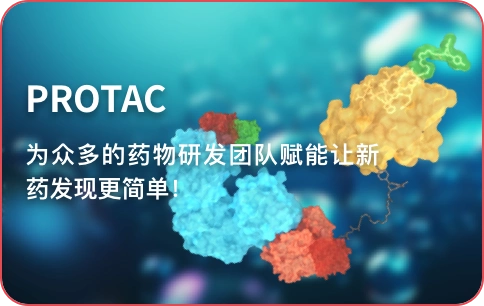
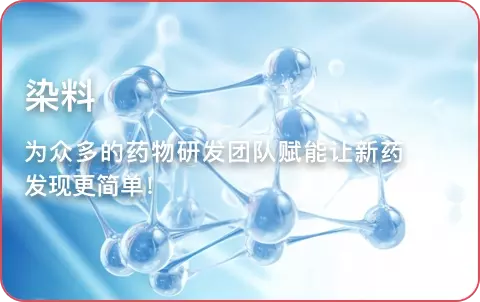






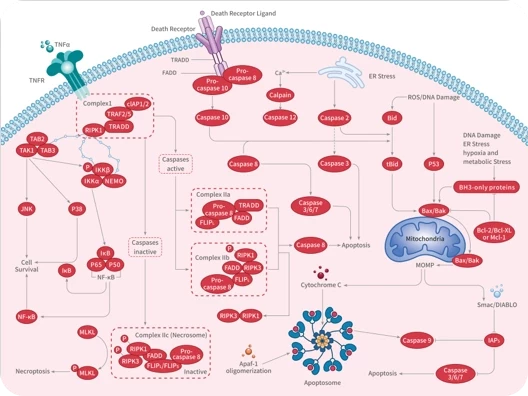
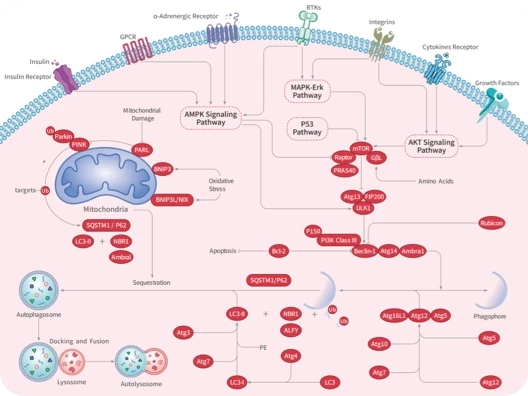

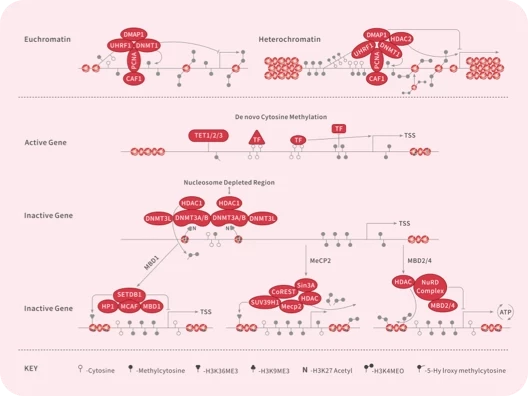
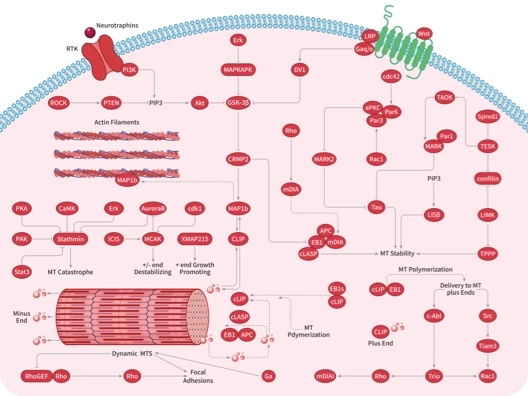
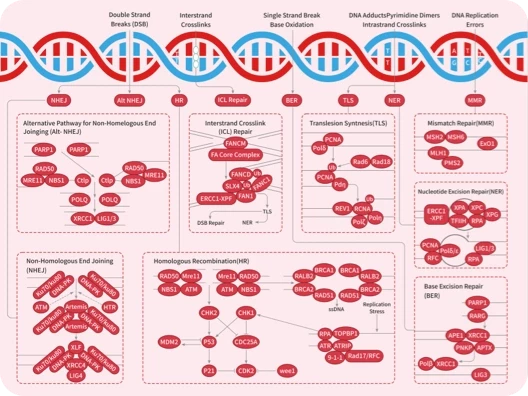
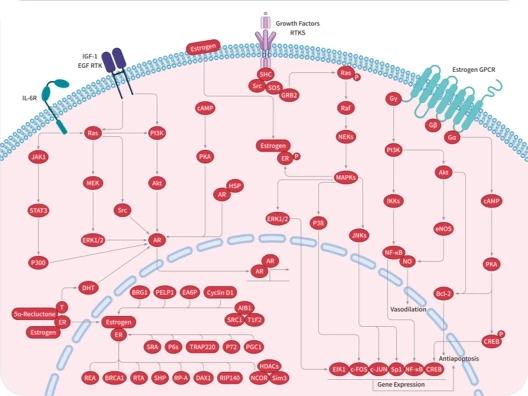
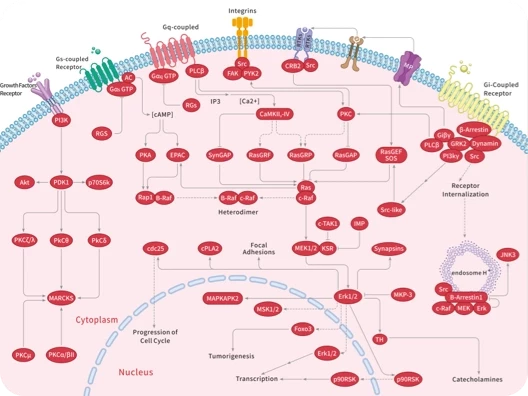
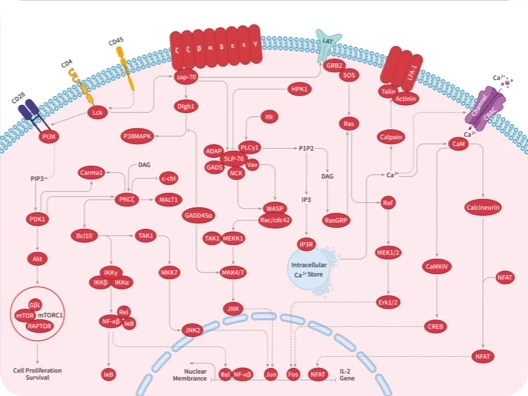
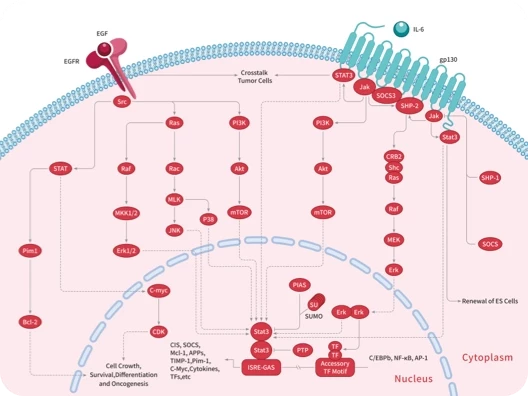
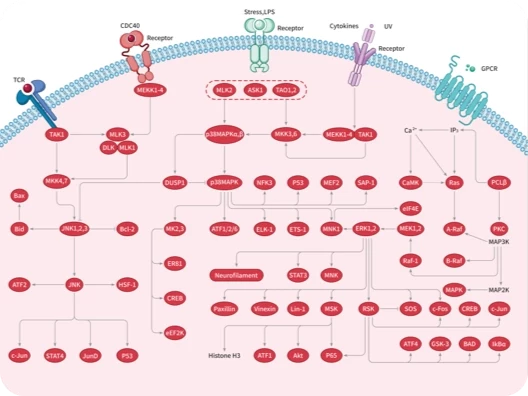
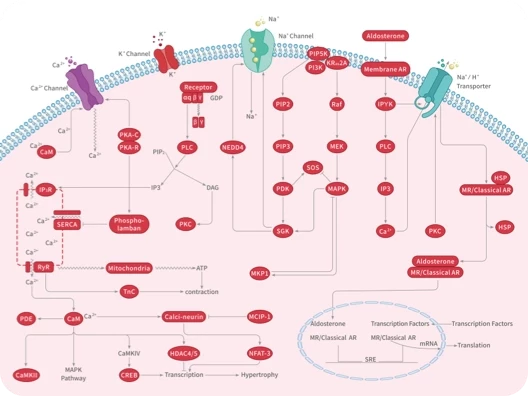
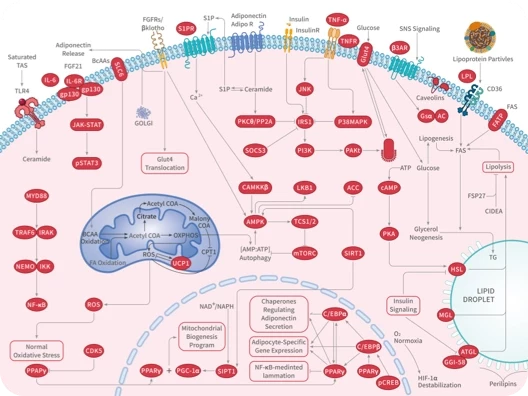
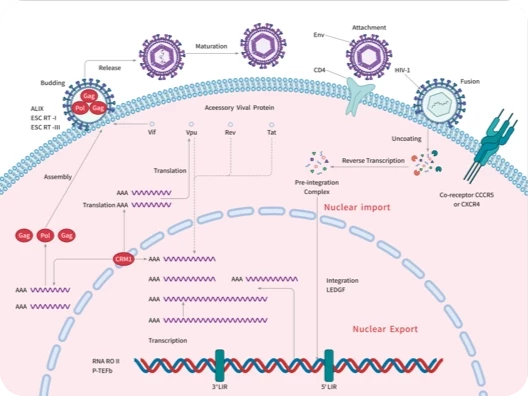

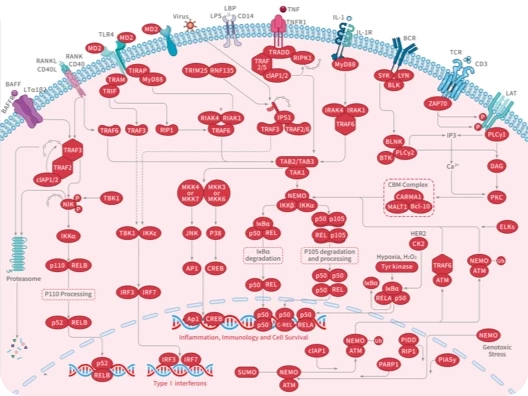
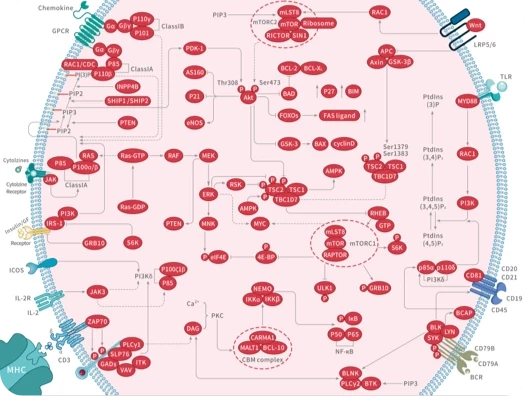
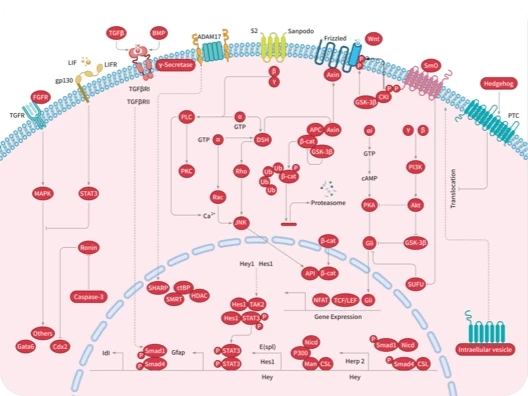
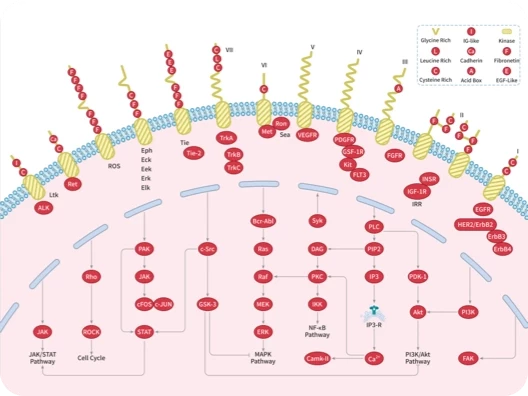
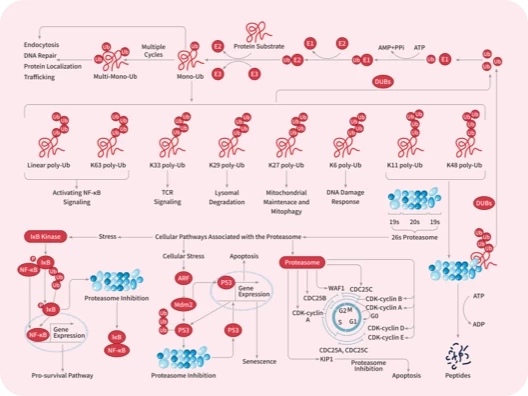


 |
|